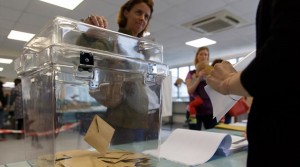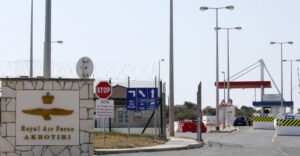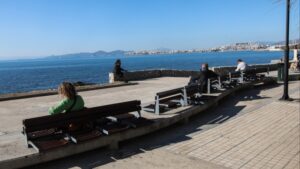Europe and the rest of the word are on the edge of their seats as nearly 47 million French voters are going to the voting booths to choose their candidate in the first round of the French Presidential elections on Sunday, April 23. Voting has already began after the conclusion of an acrimonious campaign between the four major candidates. The outcome of the elections could determine the future of the EU itself, as many pundits believe. The four main candidates vying to enter into the second round are: Emmanuel Macro, a former minister and leader of the centrist En Marche! party, Marine Le Pen, president of the far-right National Front, Francois Fillon, a former minister and leader of the conservative Republican party, and Jean-Luc Melanchon, leader of the far-left La France insoumise party. The tow winners of the first round will face off on May 7 for the Presidency.
The latest poll showed Macron ahead with 24%, followed by Marine LePen (22.1%), Fillon (19.6%) and Melenchon (18.9%). The outcome will be anxiously monitored around the world as a sign of whether the populist tide that saw Britain vote to leave the EU and Donald Trump’s election in the United States is still rising, or starting to ebb.
Adding uncertainty to France’s most unpredictable election in decades, pollsters say they might not be able to give precise estimates of the outcome at 8 p.m (9pm Greek time) as usual, because small and medium-sized polling stations will be open one hour longer than in past elections. While Macron wants to further beef up the euro zone, Le Pen has told supporters “the EU will die.” She wants to return to the Franc, re-denominate the country’s debt stock, tax imports and reject international treaties.
Melenchon also wants to radically overhaul the European Union and hold a referendum on whether to leave the bloc.
Le Pen or Melenchon would struggle, in parliamentary elections in June, to win a majority to carry out such radical moves, but their growing popularity worries both investors and France’s EU partners.
Some 67,000 polling stations opened at 8 a.m., monitored by more than 50,000 police officers.
Ask me anything
Explore related questions





